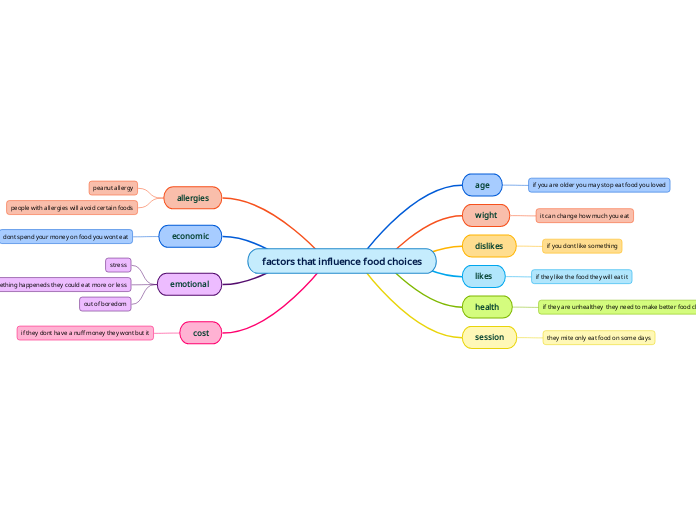av estefania manginelli 7 år siden
329
Factors that affect pronunciation learning
Factors influencing pronunciation in learning a foreign language include various elements such as the native language, age, attitude and identity, phonetic ability, and the amount of exposure.









